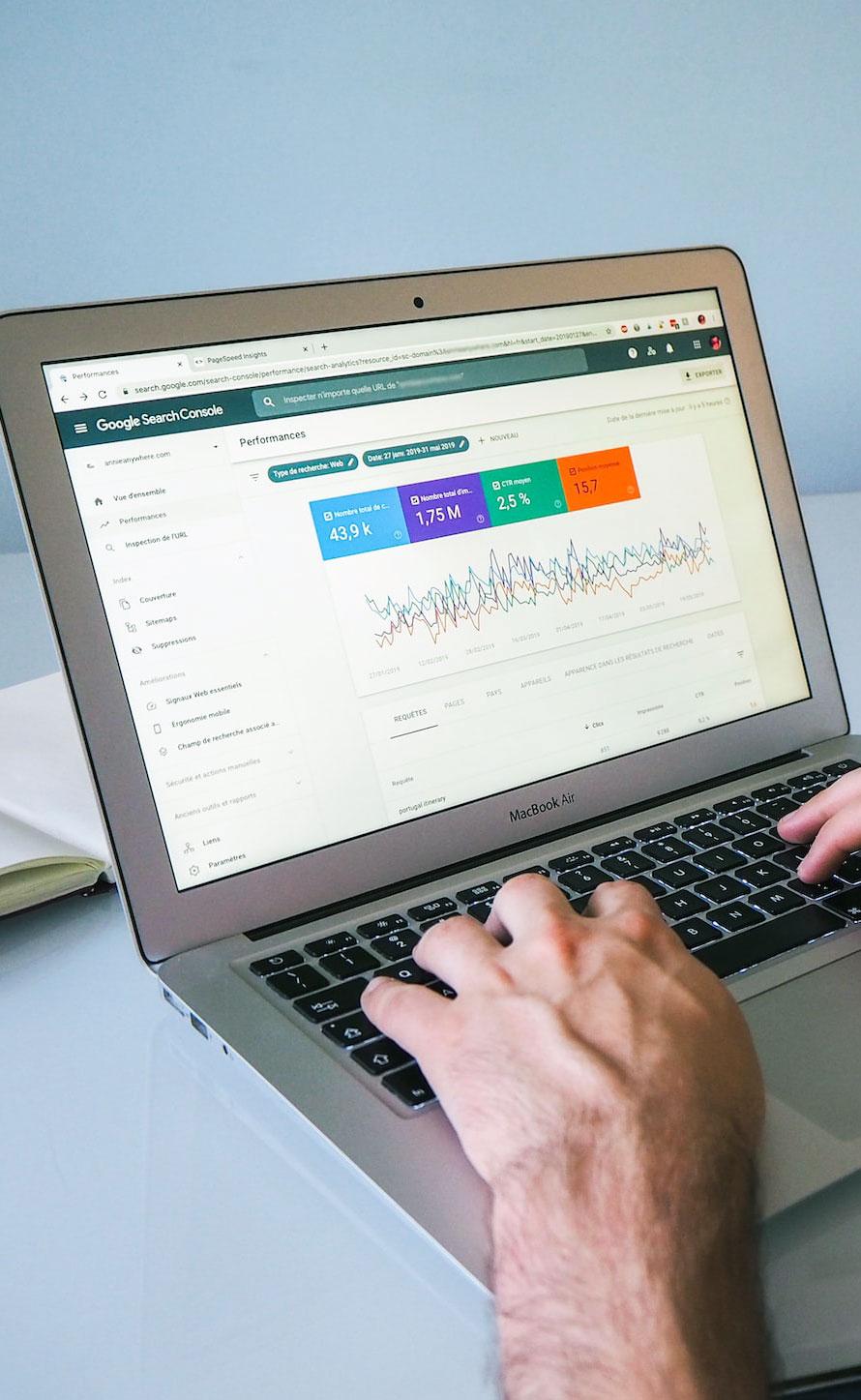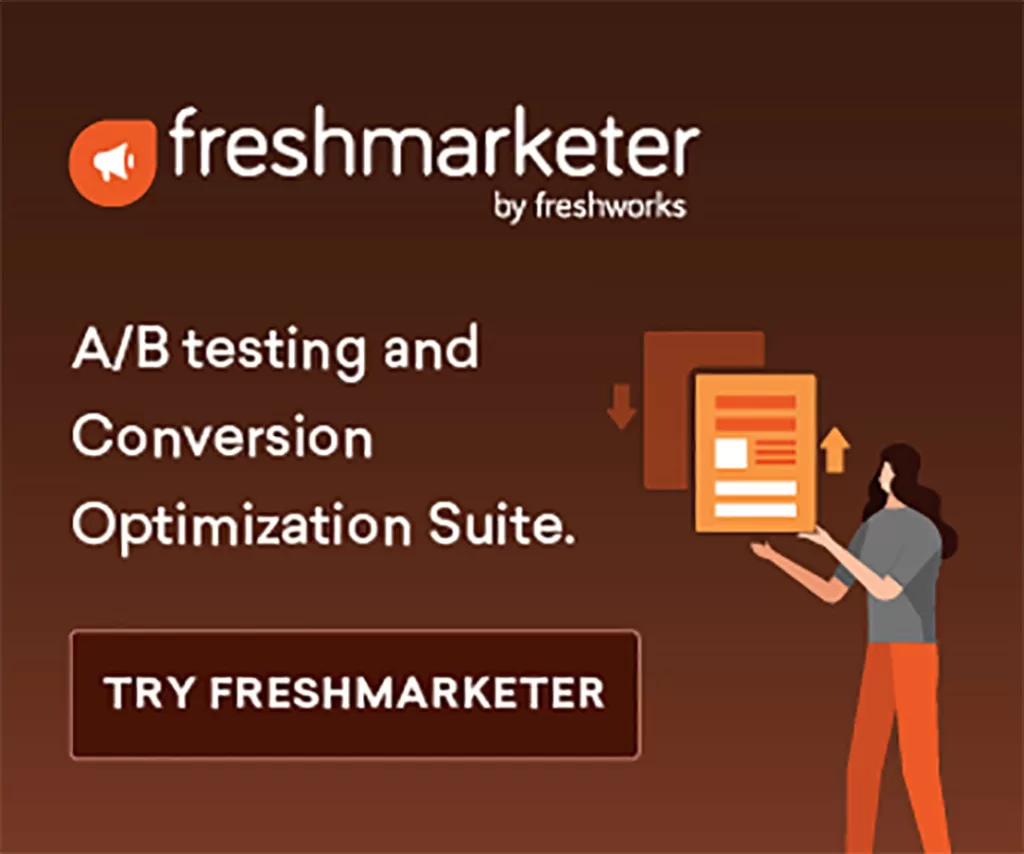In today’s digital age, having a professional website is no longer a luxury for businesses, but a necessity. Your website is often the first point of contact between your company and potential customers, and it’s essential that it makes a good first impression. From establishing credibility to driving sales, a professional website can have a significant impact on the success of your business.
The Benefits of a Professional Website
A professional website can provide a variety of benefits for your business, including:
- Establishing credibility: A well-designed website can help establish your business as a reputable and trustworthy entity. A professional website can give potential customers confidence in your company, and make them more likely to do business with you.
- Improving customer engagement: A professional website can help you engage with your customers and build a relationship with them. By providing valuable content, such as blog posts or product information, you can educate your customers and keep them coming back to your site.
- Driving sales: A professional website can be an effective tool for driving sales. By providing an easy-to-use e-commerce platform, you can make it simple for customers to purchase your products or services.
- Cost-effective marketing: A professional website can provide a cost-effective marketing solution. By creating valuable content and optimizing your site for search engines, you can increase your visibility and attract more customers to your site.

The Importance of Good Design
A professional website doesn’t just need to be functional, but also visually appealing. Good design can play a crucial role in creating a positive user experience and establishing credibility. A few key elements of good design include:
- Navigation: A well-organized and intuitive navigation system can make it easy for visitors to find what they’re looking for. Funnelling the user to the relevant content they are looking for is a must in these days, especially that 65% of the time we spend it only on the top 40% of the page. (source: Scrolling and Attention)
- Branding: Consistent branding can help establish your company’s identity and create a sense of trust.
- Responsiveness: A responsive design is essential for providing a good user experience on all devices, including desktop computers, tablets, and smartphones.
The Role of Search Engine Optimization (SEO)
Search engine optimization (SEO) is the process of optimizing your website to rank higher in search engine results. This can help increase visibility and attract more traffic to your site. Some key elements of SEO include:
- Keyword research: Identifying the keywords and phrases that potential customers are searching for, and including them in your website’s content and meta tags is an aspect which any good marketing agency will have in mind. Is worth mentioning that the keyword intent is highly important and not every marketing professional and/or agency will have that in their mind when they are creating their marketing strategy and “action plan”.
- Quality content: Creating valuable and informative content that provides value to your visitors and is optimized for search engines. Always go for quality over quantity. Google algorithm loves a well written article for the user instead of a long, keyword staffed one which was created just for SEO purpose. Please ensure your product page, blog article or service page content has been created with your end user in mind.
- Link building: Building backlinks to your site can help increase your visibility and improve your search engine rankings. However, the caveat here is to be careful what tactics are you using for gaining these backlinks. We highly recommend having a strategy and an adequate budget for this type of action, not to hazard yourself paying a so called “guru” which can provide you links for £50 on a website he knows has DR of 60.
The Importance of Regular Maintenance
A professional website requires regular maintenance to ensure it remains functional and up-to-date. This includes:
- Updating content: Keep your website’s content fresh and relevant by regularly updating it. Most businesses think that once you have written your page description, or the blog post that is done and dusted. That is not the case, is highly recommended to revise these every couple of months, to make sure is still relevant and maybe needs some tweaks: new questions need to be answered.
- Security: Regularly update your website’s security software to protect it from hacking attempts. In our experience, we’ve seen quite a few businesses losing their main digital asset to hackers or link spamming them which lead to a massive reduction in their leads and/or revenue over night.
- Analytics: Use website analytics to track your site’s performance and identify areas for improvement. The best approach to analytics is to always make sure you are revising your tracking setup and goals every end of the year. As your business evolves, your analytics requirements should change and be updated regularly – information is power.

FAQ
Why is a professional website important?
A professional website is important because it helps establish credibility, improves customer engagement, drives sales and provides a cost-effective marketing solution. It also serves as the first point of contact between a business and potential customers, making a great first impression is essential.
A well-designed, professional website can help establish the business as a reputable and trustworthy entity, it can increase visibility and attract more customers, it can provide a platform for e-commerce and it can be a cost-effective marketing solution.
How can I make sure my website is professional?
A professional website should have good design, easy navigation, consistent branding, and be optimized for search engines. And most importantly, is serves its purpose, to bring relevant and useful answers to your targeted audience.
How often should I update my website?
The frequency of updates will depend on the nature of your business and the type of content on your website. It’s generally recommended to update your website’s content regularly to keep it fresh and relevant for visitors and a rule of thumb is that a rebranding should occur every other 3 to 4 years (as new features and technologies appear and can improve user experience with your brand).
Additionally, you should also update your website’s security software and monitor analytics regularly to ensure its performance. It’s also a good practice to have a regular schedule for updates, for example, once a month or quarter, to ensure your website stays up-to-date and runs smoothly.
How can a professional done website increase the customer engagement on my website?
To increase customer engagement on your website, you can provide valuable content such as blog posts, product information, and educational resources. A well thought and designed website will make it easy for your customers to navigate and “consume” your valuable resource and eventually reach out to you.
Feature such as live chat or contact forms are a great way to ensure your clients can interact with you in order to answer their potential questions or enquiries. Also, encouraging customer feedback and reviews will boost your company trust and authority if are handled and used to improve their experience with your brand. manner.
How can a professional website help drive sales?
A professional website can help drive sales by providing an easy-to-use e-commerce platform. This makes it simple for customers to purchase your products or services, and allows them to do so at any time. Additionally, a website allows you to reach a wider audience, beyond your local area, which can help to increase your sales potential.
How does a responsive design help in providing a positive user experience?
A responsive design ensures that your website looks and functions optimally on all devices, including desktop computers, tablets, and smartphones.
With more and more people accessing websites from mobile devices, a responsive design is essential for providing a positive user experience. It allows users to easily navigate and access the information they need, regardless of the device they are using.







